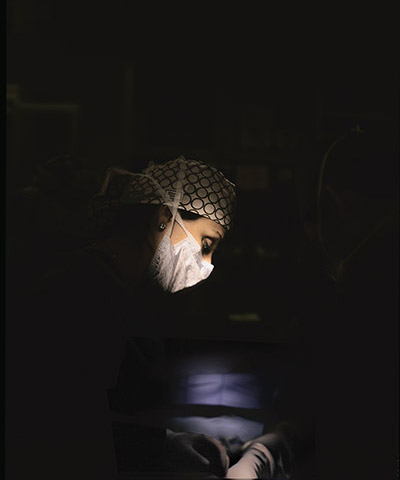
Opening up
The evolving world of surgery

The evolving world of surgery
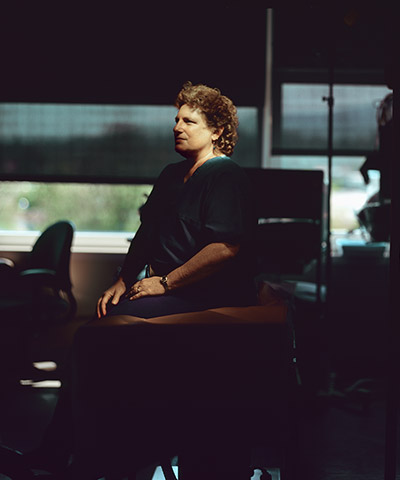
A surgeon’s journey back
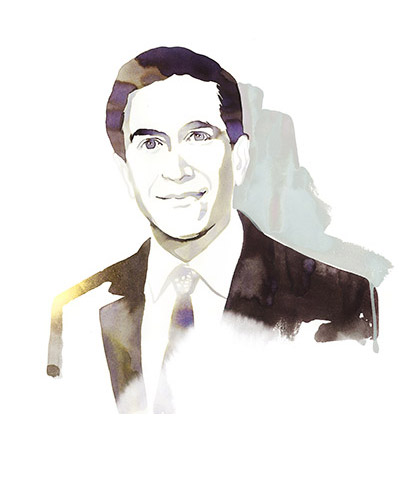
A conversation with CNN’s Sanjay Gupta, MD
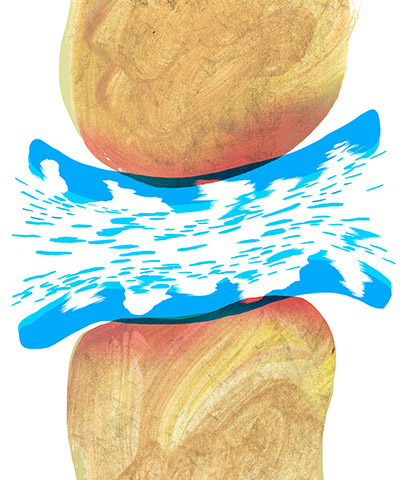
Focusing on gristle in the effort to improve joint replacements
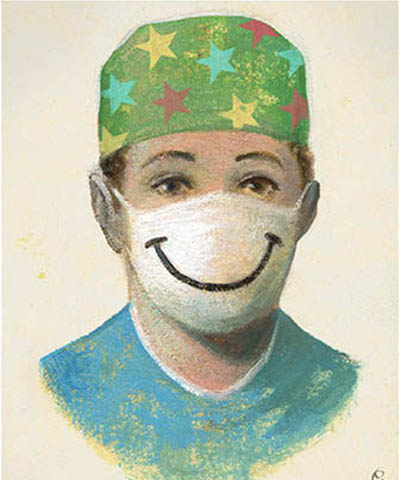
Behind the scenes in the OR

A technique that requires precision, artistry and, from the patient, true grit
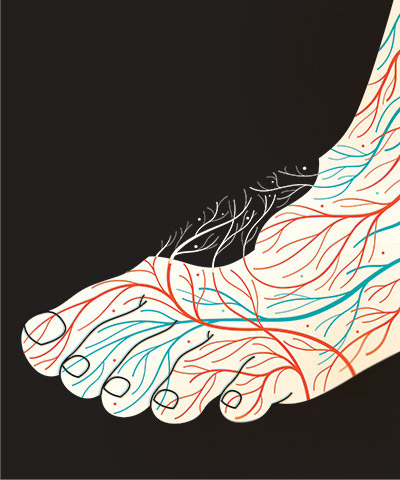
Closing the gap
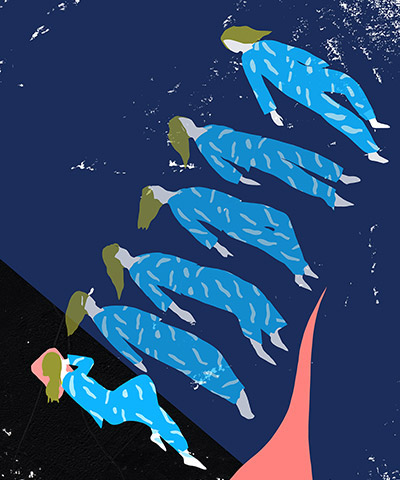
Research into human consciousness has crossed from philosophy to neuroscience and medicine
It was an office visit nearly 20 years ago, yet I remember it as if it were yesterday. My patient was a 50-year-old man with a strange problem: Whenever he whistled or hummed loudly, objects seemed to him to move around “like on a clock face”
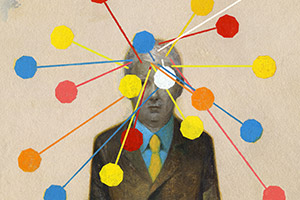
Looking to its origins for a treatment
What if you carry the strongest genetic risk factor for Alzheimer's?
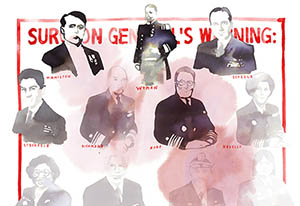
Nearly a year has passed, and the U.S. surgeon general post is still vacant. Does it matter?
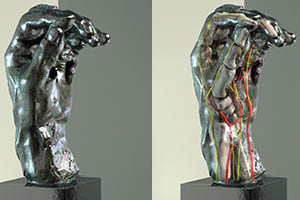

Faulty disposal of dead cells is at the root of an increased risk for cardiovascular diseases
Inexpensive adaptors make capturing and sharing high-quality eye images easier
Sofia Jarvis is among 16 children in California who have developed sudden-onset permanent paralysis similar to polio
Have insurance, will get proper care? In this study of cases of severe injuries, those with insurance are more likely to get poor trauma care than those without
Short home videos may be a powerful tool for diagnosing autism
When doctors with access to free samples do write prescriptions, they tend to be for more-expensive medications
A whole-body PET-CT scan exposes the patient to as much ionizing radiation as 700 chest X-rays. A new MRI method could be an alternative
Stanford’s hospitals have launched a new testing service for their patients that deciphers their DNA
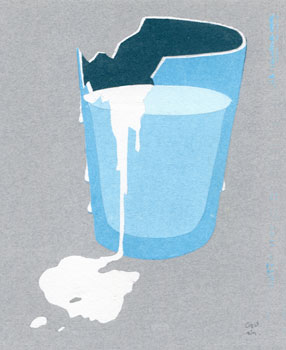
The water you drink, the air you breathe, your neighborhood — in other words, your environment – can make or break your health.
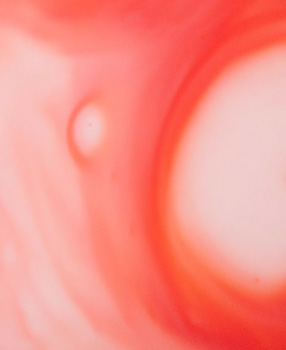
Obstetricians have always wanted the ability to diagnose and treat the fetus. But in the past they lacked the necessary tools.
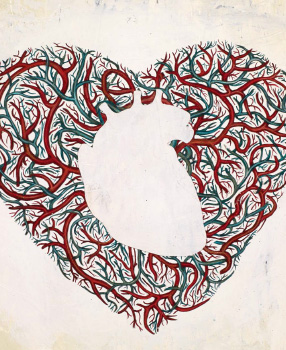
But many experts believe better options are coming: They expect research on stem cells to bring about a revolution in care for heart disease patients.